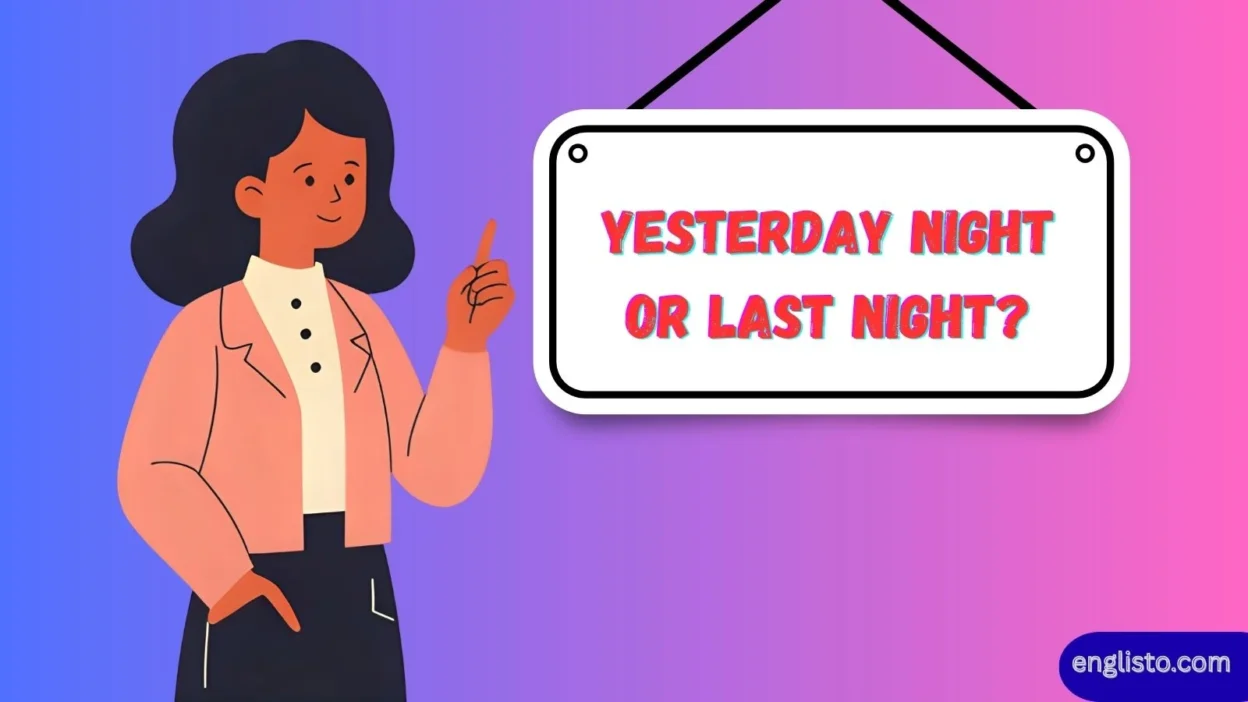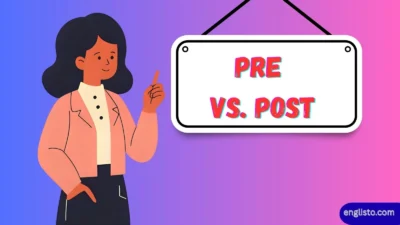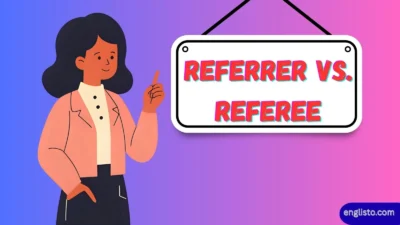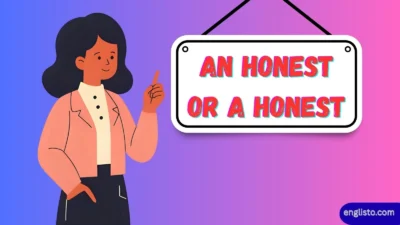Ever caught yourself wondering whether you should say Yesterday Night or Last Night? If so, you’re not alone. Many English learners—and even native speakers—hesitate before choosing the right phrase. One looks logical (“yesterday night”), while the other is universally accepted (“last night”). But which is correct, why does one sound strange, and is there ever a situation where “yesterday night” makes sense?
In this deep dive, we’ll explore the grammar, history, idioms, real-life examples, and cultural usage surrounding these phrases. By the end, you’ll know not just which expression to use in everyday conversation, but also why English evolved to prefer one over the other.
Why “Last Night” Is the Standard Expression
- Universally Accepted: Across British English, American English, Canadian, Australian, and other dialects, last night is the firmly established phrase.
- Natural Collocation: In English, last + time expression is the conventional way to refer to the most recent occurrence of something (last week, last month, last evening).
- Everyday Conversation: Whether you’re talking to friends, writing emails, or reading the news, you’ll see last night used everywhere.
Examples:
- “I went to the concert last night.”
- “The storm made landfall last night.” (BBC News headline)
- “We had dinner with friends last night.”
Why “Yesterday Night” Sounds Strange
Although yesterday night might sound logical—after all, we say “yesterday morning” and “yesterday afternoon”—it isn’t the standard choice in English.
Key Reasons:
- Redundancy: The word yesterday already indicates a past day, so pairing it with night creates a longer, unnecessary phrase.
- Blocked Collocation: English syntax evolved to “block” the combination of yesterday + night.
- Uncommon in Usage: While you may hear it occasionally, it’s rare in published writing or professional speech.
Nonstandard Example:
- “I slept early yesterday night.” (understood, but not conventional)
Historical Background: From “Yesternight” to “Last Night”
English once had a perfectly good word for “yesterday night”—yesternight.
- Shakespeare’s Time: Writers like William Shakespeare and his contemporaries used words like yesternight, yestreen, yesternoon, and yesterweek.
- “I dreamt of Juliet yesternight.” (imaginary Shakespearean example)
- “I dreamt of Juliet yesternight.” (imaginary Shakespearean example)
- Lexical Development: Over time, most “yester-” forms fell out of everyday English, replaced by the last + time expression pattern.
- Transition Period: By the 1800s, last night became the dominant and universally accepted form, while yesternight became archaic.
Archival Evidence:
- The Oxford Dictionary cites yesternight in texts from 1654 and 1655.
- Letters by Collonell Hacker (1899 edition) contain the phrase.
Comparison Table: Yesterday Night vs. Last Night
| Feature | Yesterday Night | Last Night |
| Grammatical Status | Nonstandard / Rare | Standard, universally accepted |
| Frequency | Rare in speech and writing | Extremely common |
| Clarity | Can confuse listeners | Always clear |
| Tone | Sounds strange, sometimes comic | Neutral, natural |
| Literary Use | Occasionally for effect or in poetry | Common across genres |
| Modern Dictionary | Not listed as standard in Collins/Webster | Listed in all major dictionaries |
| Historical Equivalent | Yesternight (archaic, Shakespearean) | Same as present use |
Everyday Usage in English Conversation
Let’s compare how native speakers naturally use these phrases.
Correct:
- “I couldn’t sleep last night.”
- “Did you watch the game last night?”
Awkward / Nonstandard:
- “I couldn’t sleep yesterday night.”
- “Did you watch the game yesterday night?”
Why It Matters in Real Life
Using the wrong phrase may not stop people from understanding you, but it can:
- Make your English sound less natural.
- Create confusion in formal communication.
- Give the impression of errors in professional writing.
The Logic Behind “Yesterday Morning” vs. “Last Night”
This is where learners often get stuck. If we say:
- Yesterday morning
- Yesterday afternoon
Why not yesterday night?
The Explanation:
- Day vs. Night Boundary: Morning and afternoon are fixed parts of the day before today. But night overlaps two days—it starts in the evening of one day and ends in the early hours of the next.
- Avoiding Ambiguity: Saying yesterday night could confuse whether you mean the night before yesterday or the early hours of today.
Illustration:
| Phrase | Time Covered | Clear/Confusing |
| Yesterday morning | 6 am – 12 pm (previous day) | Clear |
| Yesterday afternoon | 12 pm – 6 pm (previous day) | Clear |
| Yesterday night | 7 pm – 4 am (spans two days) | Confusing |
| Last night | Evening until early morning (most recent night) | Clear |
Cross-Linguistic Insights
Interestingly, other languages do allow the equivalent of “yesterday night”:
- Italian: ieri sera (“yesterday evening/night”)
- French: hier soir
- Spanish: anoche (literally “last night”)
This shows that English is unique in blocking yesterday night but accepting last night.
Idioms and Expressions with “Last Night”
- “Last night on earth” – often used dramatically, meaning one final evening.
- “Since last night” – to show duration.
- “Party last night” – common casual phrasing.
There are virtually no idioms using “yesterday night”, which shows its rarity.
Fun Facts: Yesternight and Friends
English once had many “yester-” words:
- Yesternight – last night
- Yesternoon – yesterday afternoon
- Yesterweek – last week
- Yestreen – yesterday evening (Scottish)
Most have vanished, though you may see them in poetry, literature, or dialect writing.
When Can You Use “Yesterday Night”?
While not standard, there are situations where yesterday night might appear:
- Comic Effect: Writers sometimes use it intentionally to sound awkward or old-fashioned.
- Learner’s English: Common mistake among non-native speakers.
- Creative Writing: Can be used stylistically to evoke a historic or foreign tone.
Correct Usage in Formal and Professional Writing
If you’re writing:
- An article
- A school paper
- A business email
Always use last night.
Even tools like Grammarly, TextRanch, and Linguix flag yesterday night as nonstandard.
FAQs About “Yesterday Night” vs. “Last Night”
Q1: Is “yesterday night” grammatically correct?
Technically, it’s understandable but not standard. Most grammar checkers will mark it as incorrect.
Q2: Why do we say “last night” instead of “yesterday night”?
Because English evolved to block “yesterday + night” as a collocation. “Last night” is shorter, clearer, and universally accepted.
Q3: Did people ever use “yesternight”?
Yes. Shakespeare’s era used yesternight regularly, but it became archaic by the 1800s.
Q4: Do other languages allow “yesterday night”?
Yes—French (hier soir) and Italian (ieri sera) do, but English does not.
Q5: Can I ever say “yesterday night”?
You can, but it will sound strange. Stick to last night in everyday and formal English.
Conclusion
So, which should you use—“yesterday night” or “last night”?
The answer is clear: “last night” is the standard, conventional, and universally accepted expression in everyday English. While “yesterday night” might sound logical, it isn’t part of natural English collocation and often creates confusion.
Remember:
- Use last night in conversation, writing, and formal settings.
- Treat yesterday night as a quirky, nonstandard phrase—best avoided unless you’re joking or being poetic.
- Know the history: words like yesternight once existed, but language evolves, and last night took over.
Language thrives on clarity, and “last night” is clear, accurate, and effective. Next time you’re telling a story, just say:
- “We had a great time last night.”
That way, your English will always sound natural, fluent, and right on point.



